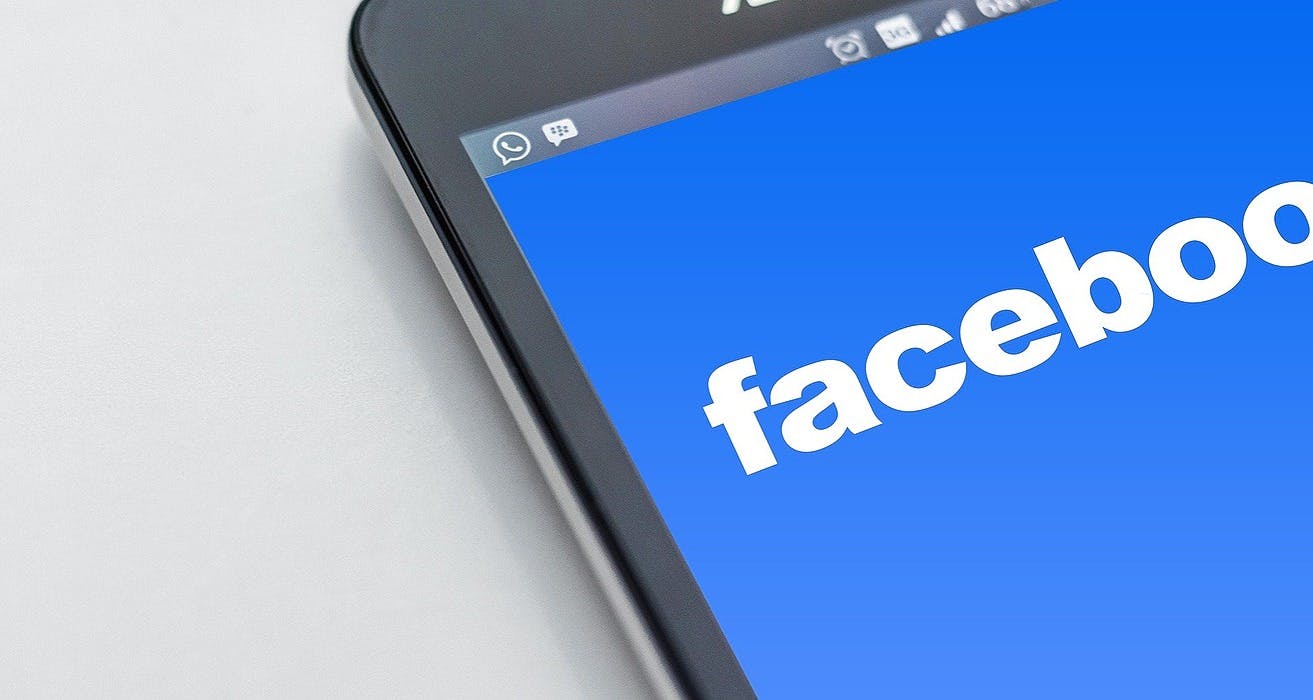1,293 reads
How Facebook Makes Money and Why You Should Worry
by
April 9th, 2020
Audio Presented by
Co-founder and CEO of Sapien. Programmer, tokenomics strategist and crypto enthusiast.
About Author
Co-founder and CEO of Sapien. Programmer, tokenomics strategist and crypto enthusiast.
Comments
TOPICS
THIS ARTICLE WAS FEATURED IN
Related Stories
#DeleteBlindTrust
Mar 21, 2018
#DeleteBlindTrust
Mar 21, 2018
